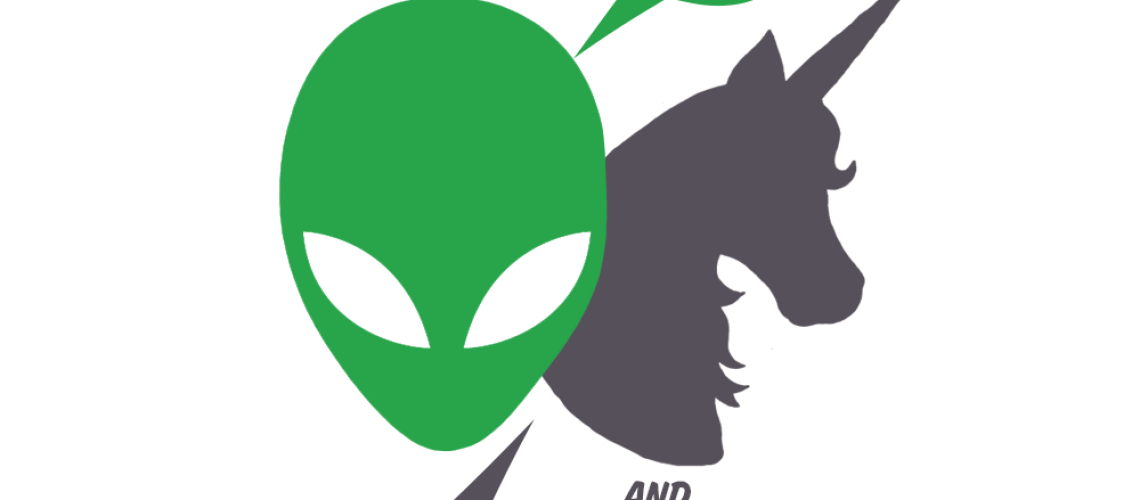No need for introductions. You’ve got the question and fingers for typing. So do some thinking and offer your responses in the comments below.
To get things started, here are our answers:
Shaun

Who would have thought that I’d pick another “literary” SF novel, replete with intense character development, an extraordinarily rich near future world with a slice of the weird, and an unconventional narrative style? Oh, right. That’s normal for me. And that’s why I’ve picked Lost Everything. Brian Francis Slattery’s novel blew me away last year. You could call it a “river novel” set in a near-apocalyptic future and get away with loose comparisons to Mark Twain and Cormac McCarthy — comparisons even I’ve made. But I think there’s something more to Lost Everything. The characters are complex and beautiful, the world terrifying and yet strangely enticing, and the narrative just slightly off kilter enough to make this more than just another “dystopia.” The deeper I got into the book, the more intrigued I was by the characters and their way of viewing the world. From houseboat scenes, savage war with no apparent end goal, and a mysterious super storm set on destroying everything, Lost Everything never ceased to amaze me. It’s the kind of book only Slattery can write, but also the kind of book that SF desperately needs because it has a depth of “reality” that so many SF novels lack (perhaps because they are too focused on plot and action). We’ll see if it makes any awards lists this year…
Paul
Favorite novel?
Easy.
Range of Ghosts, Elizabeth Bear. Her first novel in a new silk road fantasy universe (although she has a novella set in the same universe which predates this). Epic fantasy is a subgenre new for Bear. However, this is a novel that shows her at the top of her game. Strong female characters, amazing worldbuilding, interesting and unexplored source material brought to good effect. The sensawunder evoked in this book is exceptionally high. I loved this book to tears and am eager for the sequel..
Julia
Not Easy! And Range of Ghosts was on my shortlist, too. I second that one.
Adam
The Fractal Prince was the most important science fiction book of 2012 in the same way that The Quantum Thief was of 2011. Hannu Rajaniemi is the most important science fiction writer since Gene Wolfe was forged from the primordial godfire and gifted unto us, and his first series is the most important series since The Book of the New Sun. Yes, you read that correctly. I’m not being hyperbolic about this either.
Fractal Prince improves on the almost near-perfect Quantum Thief in almost every way. The characters are deeper; the settings more wild; the plot more complex; the themes more abundant. Fractal Prince uses multiple POVs, multiple types of POV, multiple tenses, nonlinearity of main plots, an Inception-level of stories within stories, and the prose of a Nobel laureate to paint a vivid, concrete dreamland of a post-Singularity Solar System. Living representations of code and mathematical formulae obfuscate the meatspace reality from the far more real spimescape and virtual realms that populate the system. The concept of a “gray goo scenario” is twisted and explored to a conclusion that no one could for-see. There is also a heavy influence of The Arabian Nights, somewhat reflecting the influence of neo-noir on Quantum Thief.
If The Fractal Prince doesn’t win every major genre award next year, I will be incredibly disappointed. Genre needs to wake up and be smacked in the face by what these books have accomplished. They are brave and innovative and beautiful and hopeful. They are helping to fix everything that’s wrong with genre literature, and yes, they’re difficult reads, but that’s what makes it worth it. They don’t look back like so many genre books (including many award winners) providing homage after allusion after trope; they don’t have a thousand references to Asimov and Clarke and Heinlein; they don’t poke fun at cliche, nor delve into that shallow well that is satire. This series has torn science fiction apart and is serving to remake it in its own image.










